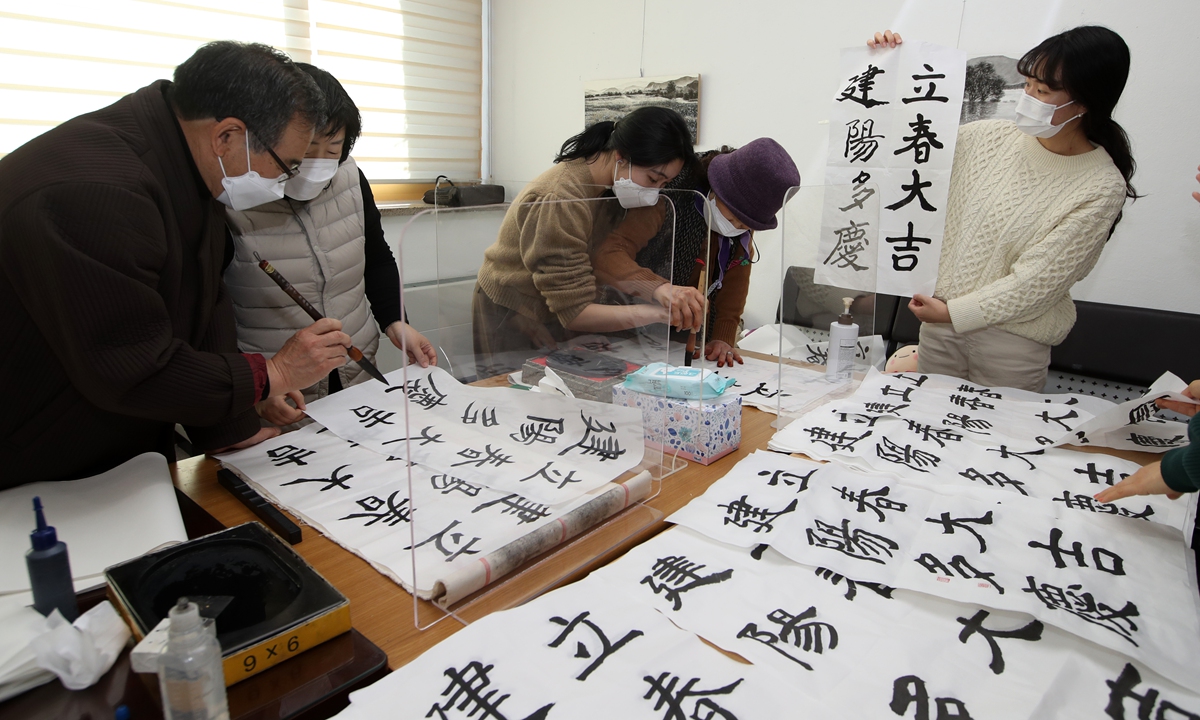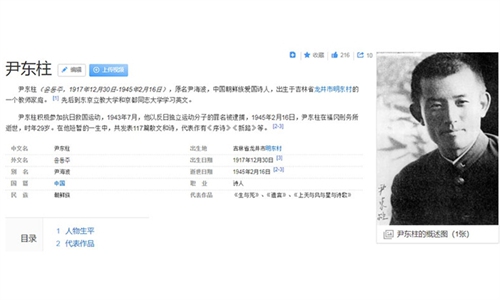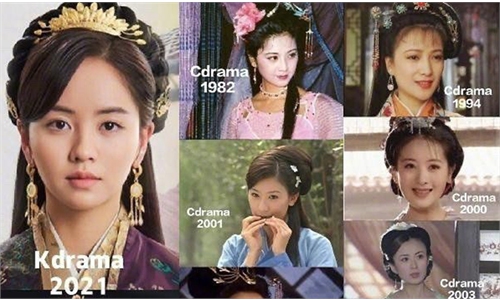
The elderly and the staff members of a nursing home in Gwangju's Buk (North) District, South Korea practice calligraphy together on Wednesday. Photo: AFP
A South Korean cultural "correction team" that works to promote accurate knowledge about the East Asian country has become another focus of discussion on Chinese social media amid the raging cultural feuds between the two neighboring countries. Chinese netizens questioned if the team will unilaterally correct "inaccuracies" it claims about their culture.The discussion started after the Korean Cultural Center, affiliated with the South Korean Ministry of Culture, Sports and Tourism, posted a recruitment notice on Sina Weibo on February 22 that sought to form a team of nearly 50 people to correct inaccuracies about Korean culture on foreign online or offline platforms.
The so-called correction team raised questions from Chinese Weibo users, who have seen South Korean netizens accuse China of "stealing" or "copying" aspects of Korean culture, such as kimchi and hanbok, and a Korean professor recently asking China to change the nationality of a famous Chinese poet to South Korean.
"Is the team's work meant to help the country correct the 'inaccuracies' that they believe in and claim more things that don't belong to them?" commented one Weibo user under the recruitment post.
The controversy intensified after netizens found that some Chinese culture-related entries on Baidu Baike, China's Wikipedia-like platform, have recently been modified by eliminating the Chinese part of the content but leaving the Korean content intact.
Netizens wondered if it was done by the "correction team," though some people denied such suspicions, saying the edits were mostly made by someone who appeared to be a Chinese history and geography fan.
The Global Times was told on Sunday that the campaign of correcting cultural inaccuracies is an annual event that has been held by the Korean Cultural Center for 13 years, and the team is recruiting people, Korean or foreigners, from around the world, not limited to Chinese people.
The South Korean government has been engaged in promoting the correct understanding of the nation. In a project of "Facts About Korea" launched to audiences around the world, the government said it will collect any inaccuracies about Korea that people find on foreign websites or publications.
South Korea has started a series of campaigns claiming cultural sovereignty against China, but analysts noted that such clashes mostly result from mutual misunderstandings rather than conflicts over the essence of particular issues.
The two cultures have always been in communication with each other and claiming sovereignty is a narrow-minded action that will only do harm to cultural exchanges, analysts said.
South Korean society is also keen to correct what it considers to be "misrepresentations" about the country on foreign websites. In 2005, a South Korean civic group VANK had Google change the name of "Sea of Japan" to "East Sea," which is used in South Korea, on Google Earth, but later encountered an internet attack from Japanese hackers expressing discontent about the change.



